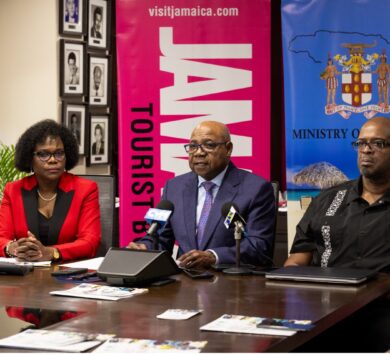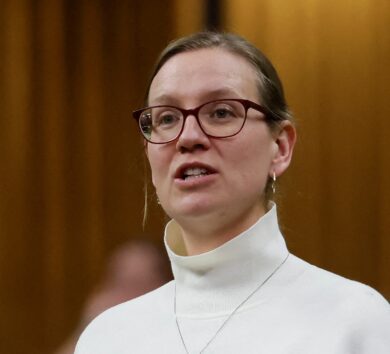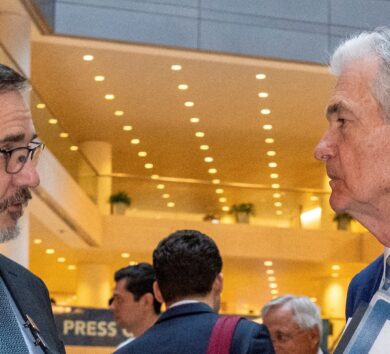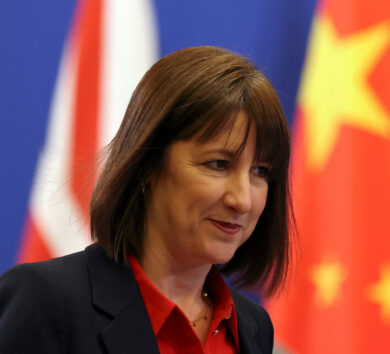

Durrant Pate/Contributor
A new study is supporting Jamaica’s drive to convert waste to energy, which is part of a proposed plan to privatise solid waste management services in the country.
At present, just over a million tonnes of solid waste is generated annually with the prospects looking good for the implementation of waste-to-energy technology. The aim is to move away from open dumps to a more environmentally friendly disposal method for solid waste.
Waste from households and businesses could soon be converted into energy or stored in sanitary landfills. The Waste Characterization Study, conducted by a consortium of local and French consultants between July 2021 and March 2022, has found enough waste being generated to sustainably convert into energy.
Study being commissioned
The study, commissioned by the Solid Waste Management Enterprise Team is one of several items on a list of requirements to be completed before the privatisation process could be finalised. It is part of the due diligence process for the proposed Integrated Solid Waste Management Public-Private Partnership Project.
The National Solid Waste Management Authority (NSMWA) provided logistical support, technical input, and equipment to facilitate the consultants’ work. The study utilises advanced laboratory tests with samples prepared at the Mona campus of the University of the West Indies (UWI) and sent to France for analysis of chemical composition and heat value measurement.
It is the first local study to assess variations in waste generation by season by conducting three separate campaigns, one for each season:
• Moderately wet period (30th July to 19th August 2021)
• Wet period (27th September to 22nd October 2021); and
• Dry period (7th February to 4th March 2022)
More findings from the study
The Development Bank of Jamaica (DBJ), which is overseeing the reform of the country’s waste management programme reports that, “the data from the study shows that approximately 1.5 million tonnes of residential and commercial waste are generated annually in Jamaica and there is no significant variation in the volume of waste across the seasons examined.”
Ricardo Munroe, manager in the Public-Private Partnerships and Privatization Division at the DBJ, notes that, “completion of the study means that Jamaica is now one step closer to realising its plans to privatise waste management services.”

Lyttleton Shirley, chairman of the Enterprise Team, believes that the study has presented credible data not only to finalise important aspects of the business case but also for interested investors to facilitate their planning for a bidding process. The bidding process is to take place later this year.
Shirley explained that there is still much to do, adding that comprehensive due diligence exercises are being done. This is in order to prepare the business case for the project.
Said Shirley, “We’re also doing a siting study, public-private partnership (PPP) transaction structuring (to determine the terms of the PPP investment opportunity that will be presented to the market), the Riverton disposal site closure plan, and post-PPP institutional strengthening for the NSWMA. When all the due diligence studies are completed, the business case will be finalised and submitted to Cabinet for approval.”
IDB praised for providing assistance
Anthony Shaw, DBJ managing director, hailed the support provided by the Inter-American Development Bank (IDB) which funded the study and other areas of due diligence process on the project.

“This assistance has been integral in advancing the due diligence process and supporting the transaction. The study is a huge step in the development of the project and we look forward to its successful and timely conclusion,” Shaw declared.
The findings of the study are now available on the websites of the DBJ and the NSWMA. In the coming weeks, Seureca, the lead consultant, and the DBJ will host a forum with interested local and international investors to get feedback on the proposed transaction structure.
It is anticipated that the Transaction Phase of the project will be launched in the third quarter of Financial Year 2022/23.







Comments